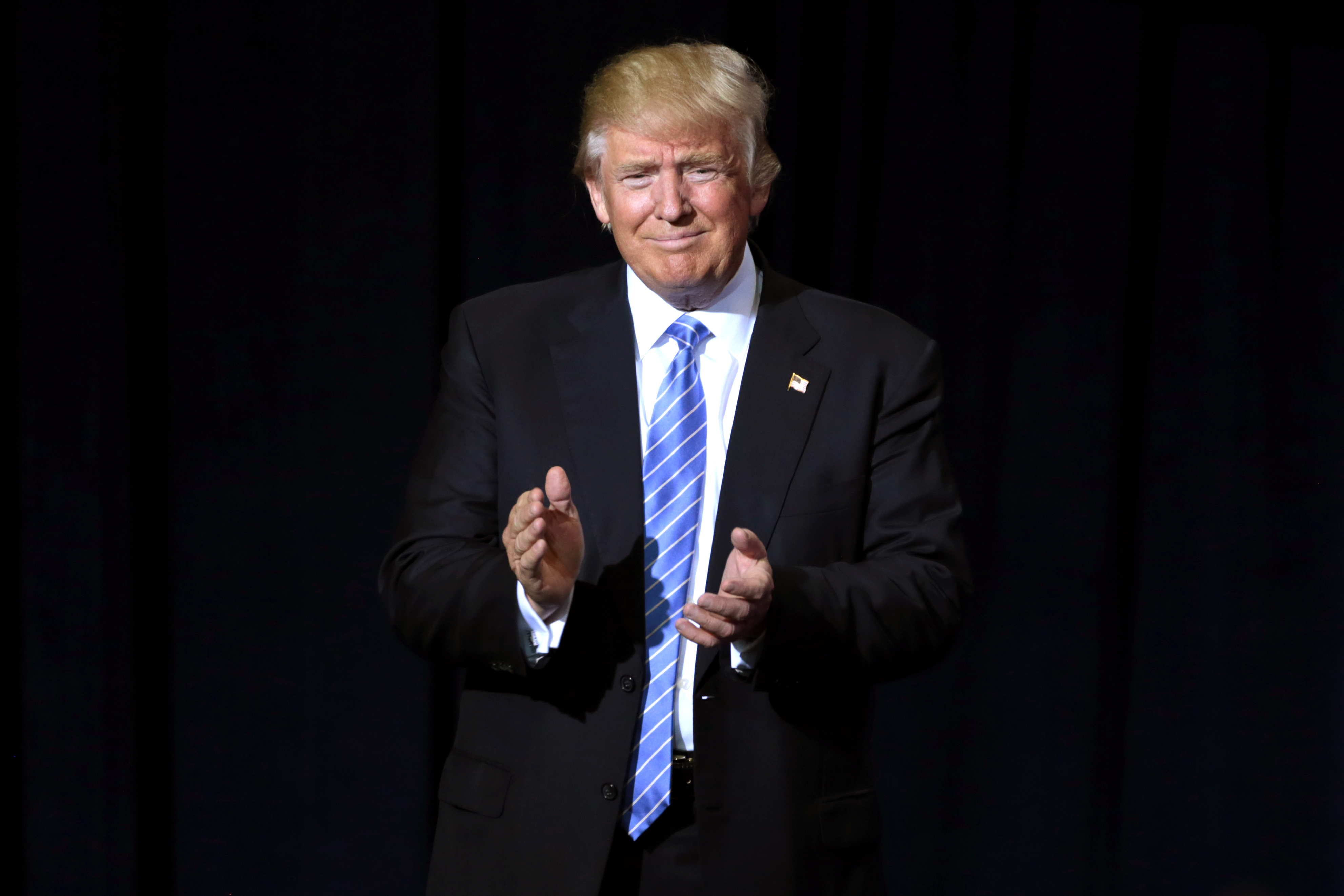Trump Pushes Travel Ban Towards U.S. Supreme Court
The Trump Administration recently filed a petition to the United States Supreme Court requesting it hear its appeal of a decision by the United States Court of Appeals for the Fourth Circuit regarding Trump’s controversial travel ban. The Fourth Circuit Court upheld a lower court’s decision in Maryland which blocked implementation of the travel ban. Another lower court in Hawaii also blocked implementation of the travel ban. Trump signed the travel ban into effect via executive order earlier this year. The Ninth Circuit Court heard oral arguments from the government requesting reversal of the Hawaii court’s decision, but a decision on that appeal has yet to be issued. In addition to the petition to the Supreme Court to review the Fourth Circuit Court’s decision on the merits, the Trump Administration has asked the Supreme Court to grant stays of the lower court rulings in both Maryland and Hawaii. The Supreme Court generally makes a decision on stays quickly, and if it does in this case, the travel ban will be reinstated while the nation, and world, wait to hear its decision regarding the Fourth Circuit.
 The Arguments For and Against the Travel Ban
The Arguments For and Against the Travel Ban
Trump’s travel ban targets individuals from six predominantly Muslim countries, temporarily preventing them from entering the United States for a period of 90 days. According to the Trump Administration, the purpose of the ban is to keep the country safe from terrorism until proper vetting procedures are put into place. In its petition to the Supreme Court, the Administration argues the President has broad power pursuant to the Constitution and Acts of Congress to stop outside individuals from entering the United States when he deems it a necessary security measure, particularly when the countries involved “sponsor or shelter” terrorist activity.
But challengers to the travel ban say it violates the First Amendment, which prohibits the government from interfering with the free exercise of religion. They further argue the travel ban is a clear abuse of the President’s power, resulting from his hostile views toward Muslims as demonstrated during his presidential campaign.
Supporters of Trump and his travel ban may be looking to the President’s Supreme Court nominee Neil Gorsuch for its reinstatement, but it is difficult to say where the newly appointed justice stands on the issue. In his confirmation hearings earlier this year, Associate Justice Gorsuch emphasized the importance of protecting freedom of religion, as guaranteed under the Constitution. During his testimony, he went on to state the Supreme Court has held that due process rights extend to undocumented individuals in the United States, and he would apply the law.
The Issues That Are Now Before the Supreme Court
A key legal question in this case is the constitutionality of Trump’s executive order implementing the travel ban, and whether he has exceeded the scope of his presidential authority by barring entry of aliens into the United States. In addition to its argument that the President has broad authority to suspend or restrict entry when he deems it in the nation’s interest, the Trump Administration asserts in its petition that the Supreme Court has never nullified religion-neutral government action based on mere speculation about an official’s ill-disposed motivations, particularly when such speculation is based on statements made by the official during a political campaign. The Administration requests the Supreme Court grant its petition for review of the Fourth Circuit Court’s decision before its summer recess begins end of June, which would allow both sides to prepare for oral argument when the Supreme Court’s new term begins in the fall. The Supreme Court has asked the challengers to the travel ban to respond to the petition by June 12.
All eyes will be on the Supreme Court as it decides fairly soon what to do with the government’s urgent requests, decisions that will be highly impactful in the months to come. It will take five votes from the Supreme Court justices to stay the two lower court decisions blocking the travel ban, and four votes for the petition for review of the Fourth Circuit Court’s decision to be granted. The Supreme Court’s ruling on the stay requests is expected soon; if granted, it will immediately reinstate the travel ban. This poses a potential problem for challengers to the travel ban, which imposes a 90-day restriction on individuals trying to enter the United States. If the Supreme Court grants review of the Fourth Circuit Court’s decision, and it is expected it will (in light of the constitutional issues at stake regarding the scope of a president’s power), the travel ban would no longer be in effect by the new Supreme Court term in the fall, making the case moot at that point.

Comments